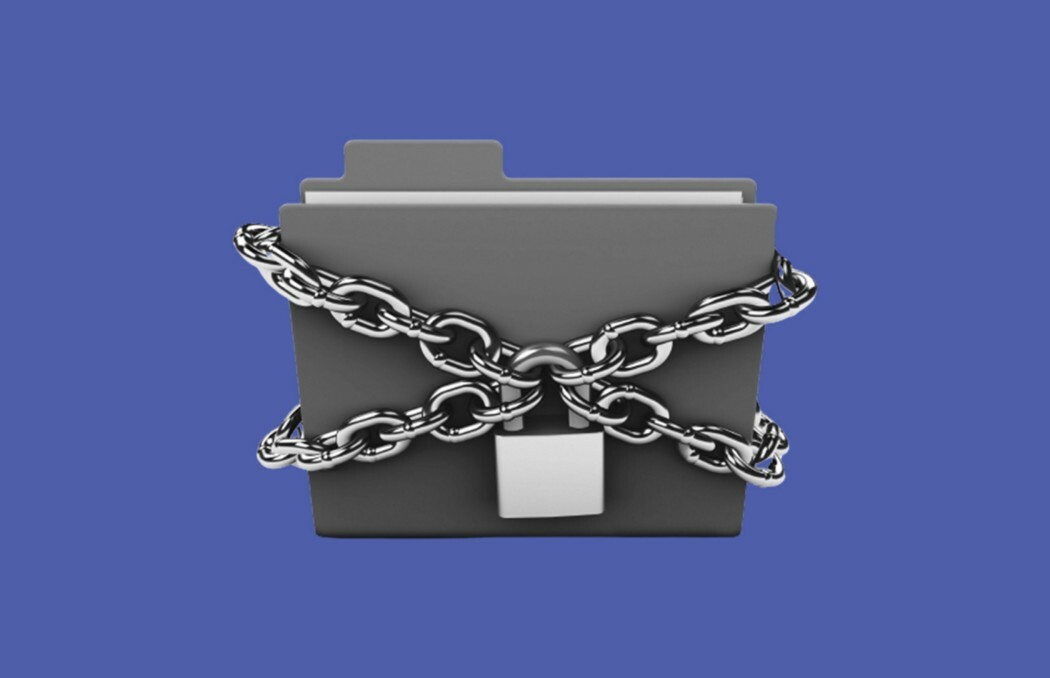
Photo by dejure.foundation
Ukrainian courts have tried almost 2 thousand cases on access to public information in 2022. Most denials by information administrators were about data on budget spending, land issues, and staffing decisions, said lawyers at the NGO Human Rights Platform (HRP) while presenting a report on the findings of a monitoring study into compliance with the right to access to public information in 2022–2024, reports ZMINA.
To identify cases of unlawful restrictions on access to public information and assess the effectiveness of mechanisms for appealing such denials, the media lawyers at the HRP analyzed:
- the judicial practice regarding administrative law breaches;
- queries for access to public information;
- administrative cases;
- news stories in the media;
- studied the register of complaints filed with the Verkhovna Rada Commissioner for Human Rights.
For the period from 2022 to the end of 2024, 1,882 verdicts were found in the Unified State Register of Court Rulings and analyzed. Of these, 1,457 were rulings by first instance courts.
According to the judges, only in a third of cases did administrators restrict access to a certain category of information lawfully. In 68% of cases, the requesters’ rights to information were restored by first instance court rulings.
The information most often restricted by administrators was related to:
- financial documentation – 268 access denials;
- information on land plots – 192 denials;
- staffing documentation – 105 denials;
- municipal property – 97 denials;
- judicial and procedural decisions – 43 denials;
- information on state border crossings – 9 refusals;
- surveillance camera footage – 6 refusals;
- bomb shelters – 4 refusals.
When it comes to denials of access to data from financial documentation, the court granted the plaintiffs’ claims in 79% of cases. The most common issues under judicial review:
- data on the salaries of state-owned organization employees;
- data on budget spending;
- financial reports and other documentation.
The main reasons for refusing to provide information as cited by administrators were as follows:
- personal data privacy;
- restrictions related to martial law.
Most often, access to financial documentation was restricted by the following bodies:
- Ministry of Defense;
- State Bureau of Investigation;
- State Tax Service of Ukraine;
- city and village councils.
Lawyers also identified nine court cases related to crossing the state border. The plaintiffs, mostly journalists, filed requests for public information to Oblast Military Administrations (in particular, the Lviv and Zakarpattia OMAs), the State Border Guard Service of Ukraine, the National Police, and the Security Service of Ukraine.
In all nine rulings, the courts found the denial of access to such information unlawful. This means that the judicial practice confirms that information on state border crossings remains open under martial law and protects the right of society to receive such information to ensure public control and discussion, the report notes.
As the IMI reported, a study by the Ukrainian Coalition for Legal Aid and the Institute for Regional Press Development, the biggest issues currently preventing regional media from working effectively include unlawful restriction of access to public information under the pretext of martial law and lack of effective mechanisms to protect journalists’ sources.
